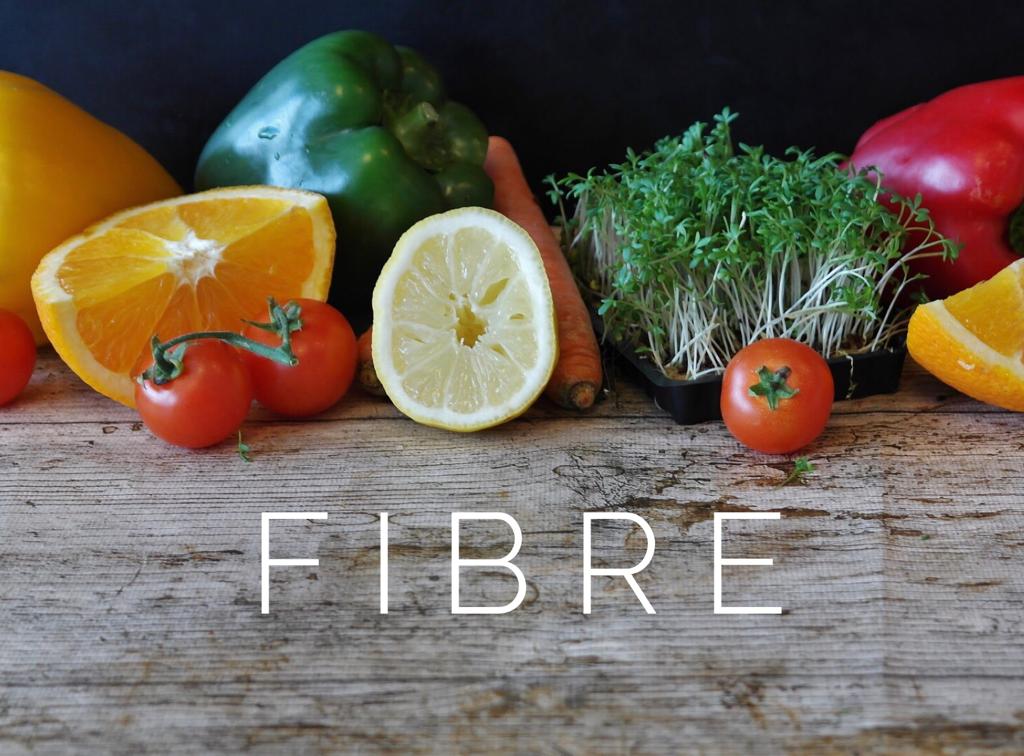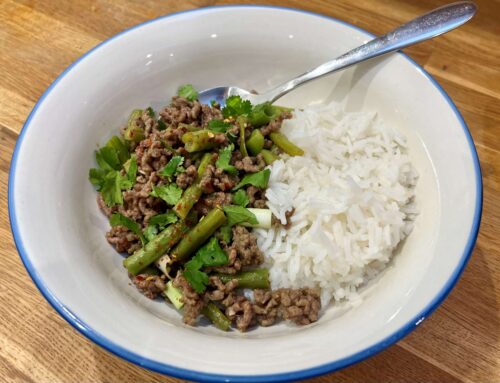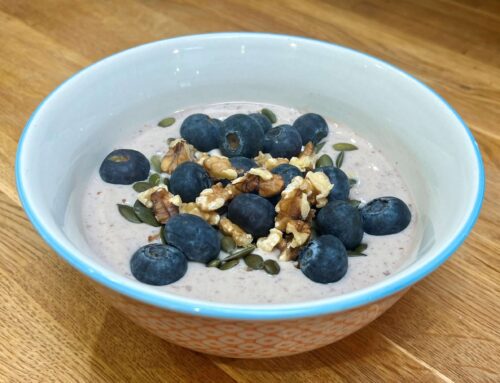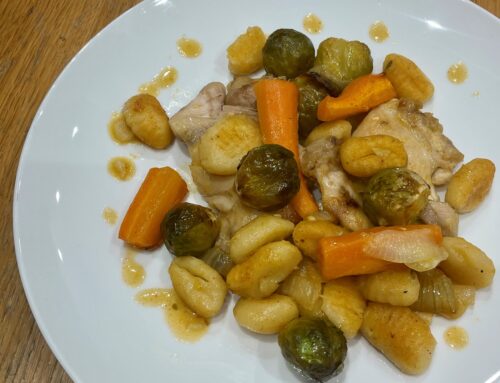Did you know that the recommended daily intake (RDI) of fibre is around 30g but in the UK we consume just half that amount, on average?
So, what exactly is fibre?
Fibre is a complex carbohydrate that the body does not digest, meaning we gain no nutrients, energy or calories from it as it passes through our digestive tract. It is found in all plant based foods including fruit, vegetables, legumes, nuts and whole grains.
Below are a few of the main benefits of fibre:
- Weight loss and continuous weight management: Since we do not digest fibre, it absorbs water as it passes into the intestine, creating bulk: helping to fill you up and keep you fuller for longer.
- Regular bowel function:Fibre is key to a well-functioning digestive tract: by bulking, softening and stimulating bowel movement, it means that potentially harmful waste gets moved through, and out of, the body more efficiently.
- Reduced risk of chronic disease and certain types of cancer: Fibre consumption is linked to a decreased risk of bowel cancer, heart disease, stroke and type 2 diabetes.
Our favourite sources of fibre include: fruits and veggies, particularly berries, oranges, avocado, broccoli, and carrots; chickpeas; oats; dark chocolate; chia seeds and sauerkraut!
For those needing to increase fibre intake we recommend gradually consuming more: too much too soon can have some unpleasant initial side effects!
An important disclaimer: For most of us, consuming a wide variety of fibre will offer many health benefits with no ill effects. However, for individuals who suffer from digestive issues, such as IBS or Crohns, certain variants of fibre should be avoided whilst others can be hugely advantageous for symptom management. Please always seek professional dietary advice.








Leave A Comment